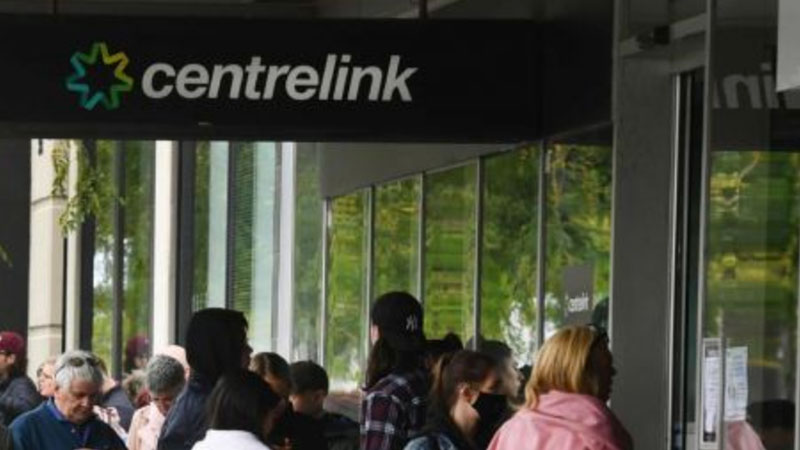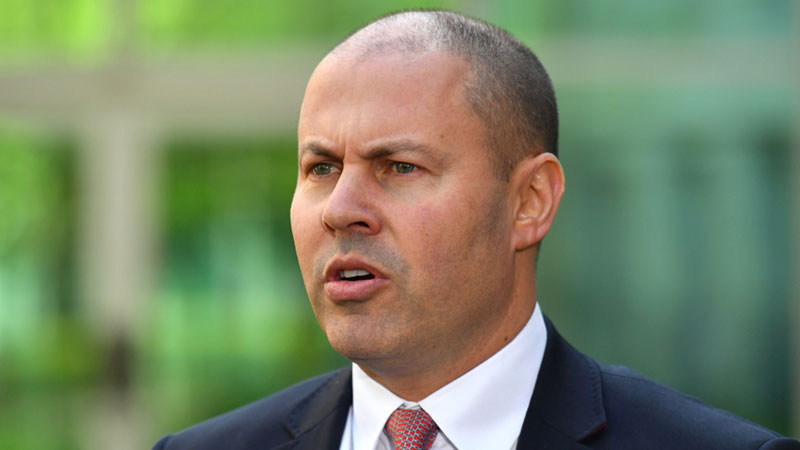Impact on Property ‘Unclear’ as Unemployment Rate Hits 10pc
Unemployment is expected to rise to its highest rate in almost thirty years, with new figures forecasting the rate to increase from 5.1 per cent to 10 per cent in the June quarter.
The latest treasury figures, released Monday night, said Australia’s unemployment rate could hit double digits for the first time since the “recession we had to have” of the early nineties.
Australia’s peak unemployment rate reached 11.2 per cent in 1992. It has hovered around 5 per cent and 6 per cent in recent years. And currently sits at 5.1 per cent.
While economic uncertainty, job insecurity and increasing restriction measures are likely to cause declines in real estate activity across the sector, the Reserve Bank of Australia said it was unclear how Covid-19 would impact property prices.
Coronavirus impact on property market ‘unclear’
Last week the Reserve Bank held its rate at 0.25 per cent.
In the central bank’s Financial Stability Review, it noted that Australia’s financial system enters this challenging period “in a strong starting position” with capital levels high, banks' liquidity position “improving considerably” in recent times, and noting that most households “now have substantial equity in their homes”.
“The economic downturn, uncertainty and social distancing are likely to result in very little turnover in the housing market,” the RBA said in the April update review.
“It remains unclear how this will affect residential property prices.”

SQM’s managing director Louis Christopher expects the next month to be a telling time for the property market.
Last week SQM forecast residential prices could drop by 30 per cent from recent highs in one of its bleaker scenarios, with the most overvalued cities — Sydney and Melbourne — hit the hardest.
“The next 30 days will likely tell the story. It is very hard to judge it,” Christopher said.
Preliminary auction clearance rates fell below 30 per cent over the Easter long weekend according to CoreLogic. Withdrawn auctions increased to comprise 57 per cent of all reported results.
While Australia’s house prices remained positive through March, recording a 0.7 per cent rise, CoreLogic says recent market trends have become less relevant as we move into unprecedented uncertainty.
Treasurer Josh Frydenberg described the economic shock facing the global economy from Covid-19 as “far more significant than what was seen during the global financial crisis over a decade ago”.
“The exceptional measures taken to contain Covid-19 are having a major effect on economic activity and the global financial system,” he said.

In its update, Treasury forecast that the unemployment rate would increase to 15 per cent, “in the absence” of the Job Keeper package, the $1500 fortnightly payment to workers of covid-19 impacted businesses.
The $130 billion package was passed in parliament last week.
More than 800,000 businesses have applied for the payment program, to date.
















